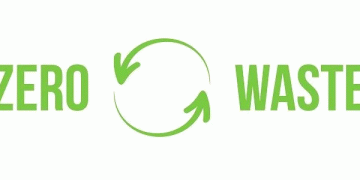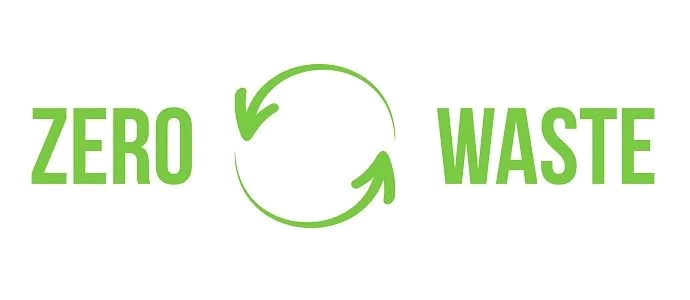Food waste is a critical global issue, with the UN estimating that 1.3 billion tons of food—worth nearly $1 trillion—is wasted annually (FAO, 2023). In Spain alone, 7.7 million tons of food are discarded each year (MAPA, 2024), making initiatives like Makro’s essential for sustainability.
By collaborating with Fazla Spain, a food waste management expert, Makro has implemented a zero-waste strategy across its 37 logistics centers. The program focuses on donating near-expiry products to over 20 social organizations, reaching 6,600 vulnerable individuals daily.
Environmental and Social Benefits
Between April 2024 and June 2025, Makro’s efforts:
- Prevented 1,700 tons of food waste
- Avoided 4,300 tons of CO₂ emissions (equal to 14,400 Madrid-London flights)
- Provided 5 million meals to those in need
This aligns with Spain’s 2023 Food Waste Law, which mandates large retailers to donate surplus food. Similar policies are emerging across the EU, where 20% of all food produced is wasted (European Commission, 2024).
A Blueprint for the Agricultural Sector
Farmers, agronomists, and food producers can take inspiration from Makro’s model by:
- Partnering with food rescue organizations
- Optimizing supply chains to minimize surplus
- Supporting policies that incentivize food donation
Makro Spain’s success demonstrates how strategic partnerships, policy alignment, and corporate responsibility can drastically reduce food waste while supporting vulnerable communities. For the agricultural sector, adopting similar measures could enhance sustainability, reduce losses, and contribute to global food security.































